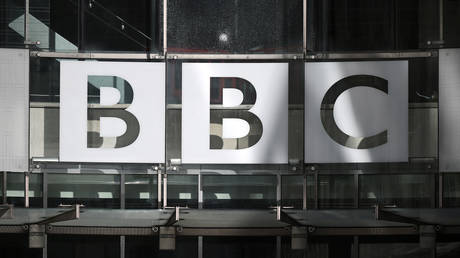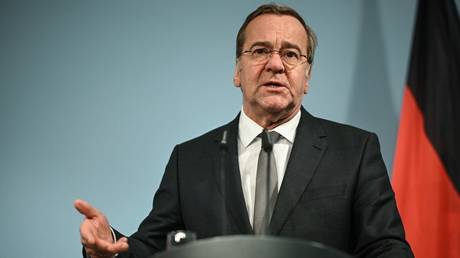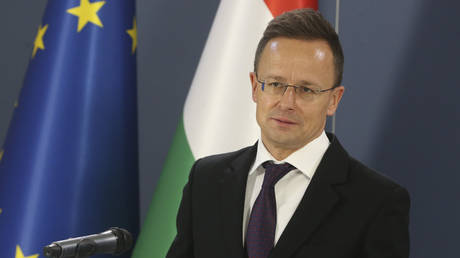
The British state broadcaster has barred employees from attending “political” events
Some Jewish workers at the BBC have slammed the outlet after it prohibited its journalists from joining an upcoming march against antisemitism, the Times reported, citing producers and other staffers.
Organized by the Campaign Against Antisemitism, the rally is set for Sunday in the UK capital, where thousands are expected to turn out. However, BBC staff “working in news and current affairs” have been denied permission to attend, with higher-ups citing the outlet’s existing guidelines for events that could be considered political or controversial, according to the Times.
Several employees at the broadcaster were critical of the decision, with one unnamed worker telling the Times “Racism is racism and something we should all abhor – but not when it comes to anti-Jewish racism it seems.”
“If the BBC believes that racism is racism and not acceptable in any shape or form then going on a rally against antisemitism shouldn’t be an issue,” they added.
While BBC reporters have also been barred from attending pro-Palestine marches, another source described as a “prominent BBC producer” went on to dispute the comparison, arguing that “Antisemitism is not the same as overtly political support for Palestinians.”
“You can object to Israeli political positions and reactions but fundamentally resurrecting antisemitic tropes and Jew hatred is a completely different matter,” the producer continued, while a third employee stated: “You would have thought that antisemitism was pretty straightforward. The world has turned on its head.”
A spokesperson for the BBC maintained that the broadcaster has been “clear that antisemitism is abhorrent,” and went on to explain that it has an “established guidance around marches.”
Those rules stipulate that “different considerations apply depending on what you do for the BBC,” the spokesman added. “Corporately, we have not issued any staff communication on any specific march this weekend, but this does not mean discussions which consider the guidance have not taken place between colleagues.”
Some staffers have compared the outlet’s current guidelines to its stance surrounding LGBT pride parades in 2020, which employees were free to attend. However, at the time BBC director general Tim Davie cautioned workers to “ensure that they are not seen to be taking a stand on politicised or contested issues,” and urged BBC journalists in particular to be “mindful of ensuring that they do not get involved in matters which could be deemed political or controversial.”
The BBC has come under fire from all sides amid the latest war between Israel and Hamas, with some of its own reporters accusing it of pro-Israel bias in an open letter published earlier this week. The Israeli military has alternatively condemned the BBC for overly critical coverage of the Jewish state, demanding an apology after reporters questioned Israeli claims about an alleged Hamas command center at a major Gaza hospital. The allegations have not been independently verified, and Hamas has denied using the facility for military purposes.




